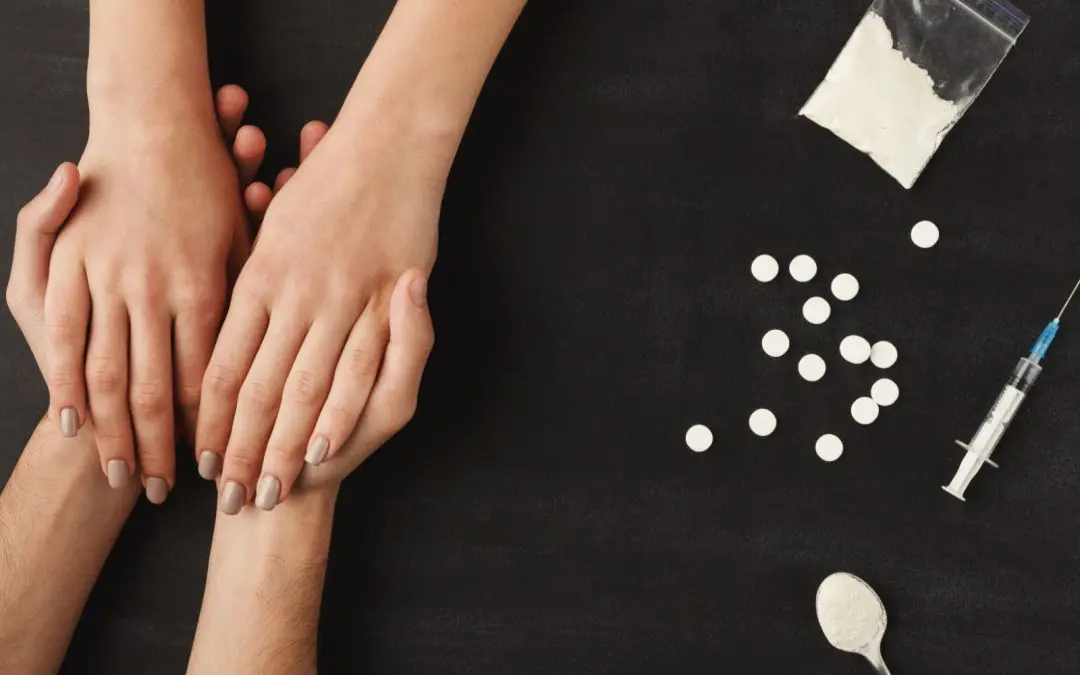24/7 Helpline:
(866) 899-221924/7 Helpline:
(866) 899-2219
Learn more about 90-day Rehab Program centers in Hawaiian Gardens
90-day Rehab Program in Other Cities

Other Insurance Options

BlueShield

Kaiser Permanente

Cigna

UnitedHealth Group

Optum

Group Health Incorporated

Highmark

Humana

Meritain

PHCS Network

Molina Healthcare

BHS | Behavioral Health Systems

UMR

MHNNet Behavioral Health

Magellan Health

Excellus

Premera

GEHA

Anthem

AllWell

Hawaiian Gardens Medical & Mental Health
Hawaiian Gardens Medical & Mental Health is a private rehab located in Hawaiian Gardens, CA. Hawaiia...











